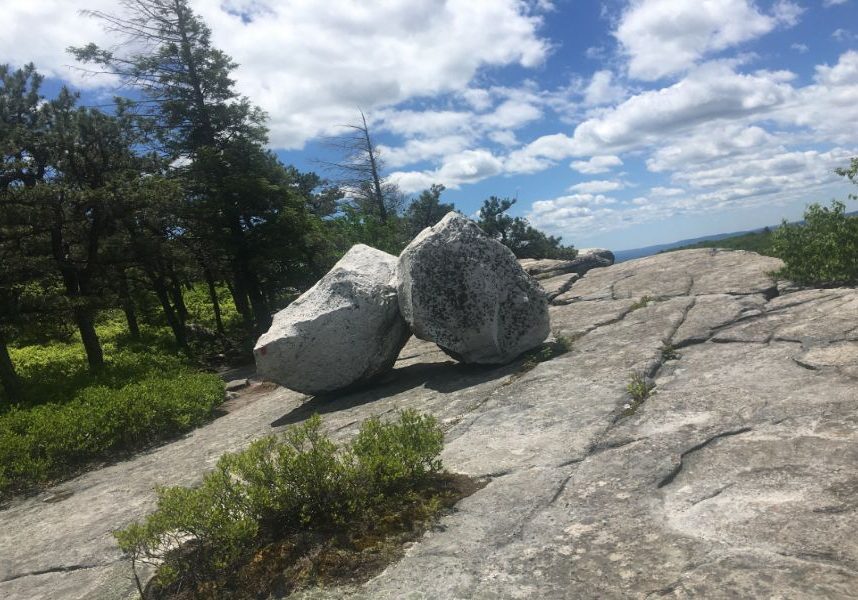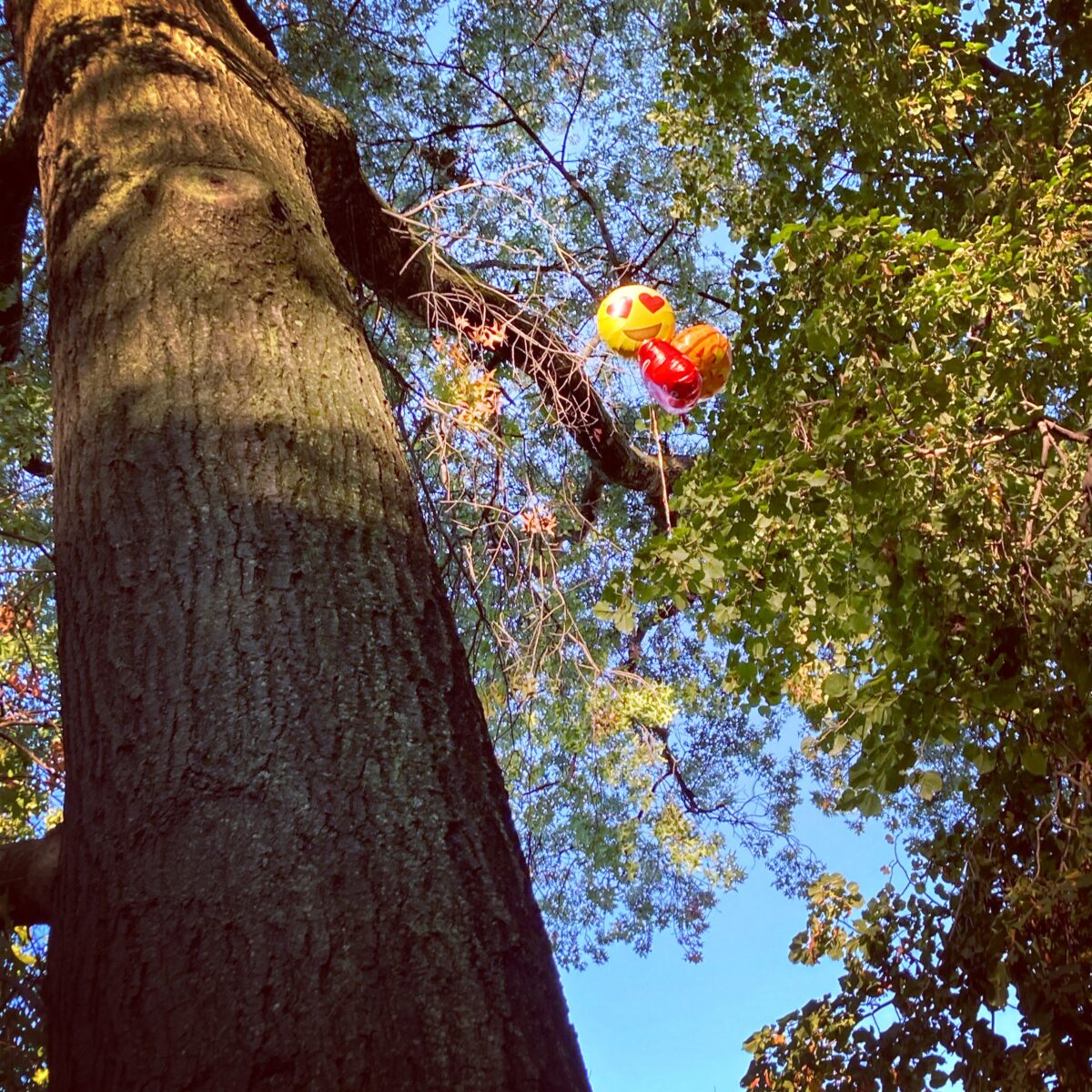May 15, 2021
It doesn’t matter what we call it, only that we call on it

Creativity is notoriously complex, deeply nuanced, highly personal and mostly subjective.
Despite the growing body of academic research on the subject, it’s still difficult to define and measure.
Personally, this never occurred to me until my travels took me around the world. Not only visiting different countries in my work as an entrepreneur, but also working as an employee with various coworkers from different cultures.
At the travel startup who hired me as brand manager, our team had thirty countries represented. All of whom had unique approaches to creativity.
I will never forget our first company retreat, where one of the engineers came up to me after our brainstorming session.
Americans, you’re so optimistic with your big, strong ideas. Russians don’t have that luxury.
Wow, that’s the kind of perspective you can’t get making art in your studio apartment. Turns out, most of the world has their own definition of creativity, each of which is in alignment with their unique value system.
Chinese culture understands creativity as an external social attribute, focusing on what a person can contribute to society. Makes sense in their communist society.
Westerners tend to see creativity more as an internal, individual attribute. Perfect for selfish capitalists like us.
Germans approach creating as a process to solve problems. Which is nicely aligned with their history of precision and orderliness.
Scandinavians view creativity as an individual attitude that helps people cope with the challenges of life. Like the fact that it’s fifty below zero and dark around the clock for months at a time. You have no choice but to create your own warmth and light.
Polish culture divides creativity into the high level, distinguished artistic or scientific achievements, and the low level, every day, personal creative work. Once again, this seems appropriate considering their history of resilience.
Pueblo tribe members use the term powaha, which means water, wind and breath. To them, creativity is connecting to natural flow. It’s not an activity separate from any other in life. It’s breathing. What a beautiful expression of their culture’s holistic spirituality.
Greek culture had no official word for creativity, believing that ideas came from the daemons, muses and other external godlike forces. Sounds about right for four thousand years ago.
Point being, there is no right answer, there is no best definition.
It doesn’t matter what we call it, only that we call on it.
Making things is at the heart of what it means to be a human being. Why we make it, how we make it and whom we make it for, it’s all a matter of degree.
What’s your personal definition of creativity?

